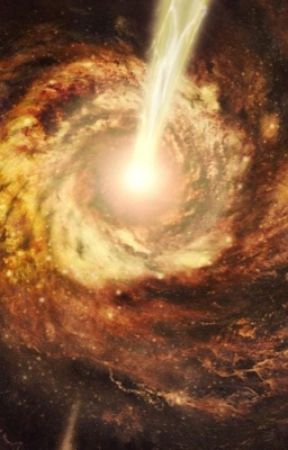Creationism
The main points of creationism are these:
All life was created by the actions of God
Some Creationists say God did this in a single creative event
Some Creationists don't limit creation to one event
All the forms of life existing today were created by the actions of God
The organisms created by God can't produce new forms of organism - only God can do this
The most common theory follows the accounts in the Biblical Book of Genesis, but most religions have their own creation story
Modern creationism uses scientific evidence to support scripture
Most scientists say the creationism theory is false and unscientific
Intelligent design (also called neo-Creationism)
The current state of life on Earth has come about through the actions of an intelligent Designer
This is because
Some living things contain certain types of complexity that are best explained as the result of an intelligent cause
Some aspects of the universe show positive evidence of having been designed by some form of intelligence
This designer need not be God but most proponents of intelligent design seem to have God in mind
This theory has been accused of being creationism in disguise
Although a few scientists have supported intelligent design, the majority of those working in the field regard the theory as false and unscientific
Creationism in depth
Creationism teaches that:
everything in the universe has God as its ultimate cause
the nature of life on Earth is the direct result of God's creative actions
An alternative way of putting the same idea is:
the universe and everything in it could not have come into being without a supreme being causing it to happen
Creationism is largely based on religious belief, but gains much support from what its protagonists see as the failures of other theories to explain the evidence properly.
Different religions and cultures have different creation theories, but this article deals with the Jewish/Christian version.
Forms of creationism
Creationism teaches that life on Earth is the result of God's creative action, and not the result of blind scientific processes. Creationism doesn't attempt to explain how God did this:
We do not know how God created, what processes He used, for God used processes which are not now operating anywhere in the natural universe. This is why we refer to divine creation as Special Creation. We cannot discover by scientific investigation anything about the creative processes used by God.
Gish, Evolution? The Fossils Say No!, 1979
It comes in a variety of forms, and the most common are listed below. But there are other forms of Creationism which include different combinations of the ideas mentioned:
Young Earth creationism
Young Earth creationism teaches that:
The Book of Genesis is literally true
the Earth and all forms of life were created by God in 6 days, around 10,000 years ago.
Scientists are almost unanimous in saying that as the Earth is 4 billion years old, and that the Young Earth theory is false.
Old Earth creationism
Old Earth creationism teaches that:
The Earth is as old as scientists say (around 4 billion years)
The universe, Earth, and life were created by processes in which God played an active part
There have been countless divine acts of creation throughout history
God acts both by direct creation and by guiding the processes he created
Humanity was directly created by God
The difference between this theory and Theistic Evolution is that in Theistic Evolution God doesn't play an active part after the original creation of the universe and the forces that operate in it.
Gap creationism
Gap creationism adds a new idea:
There were two creations - one before Adam, and a second one, which included Adam and Eve, after a lengthy time gap
This theory reconciles the age of the Earth with the story in Genesis
Most scientists say that the geological evidence shows that this theory is false.

YOU ARE READING
The book of knowledge
SpiritualThis is a book about creation and evolution, intelligent designer and atheist, this covers things from a nihilist to a Muslim, this is a ongoing debate. This is evey argument you can likely find, all in one, this one should help with any arguments a...

